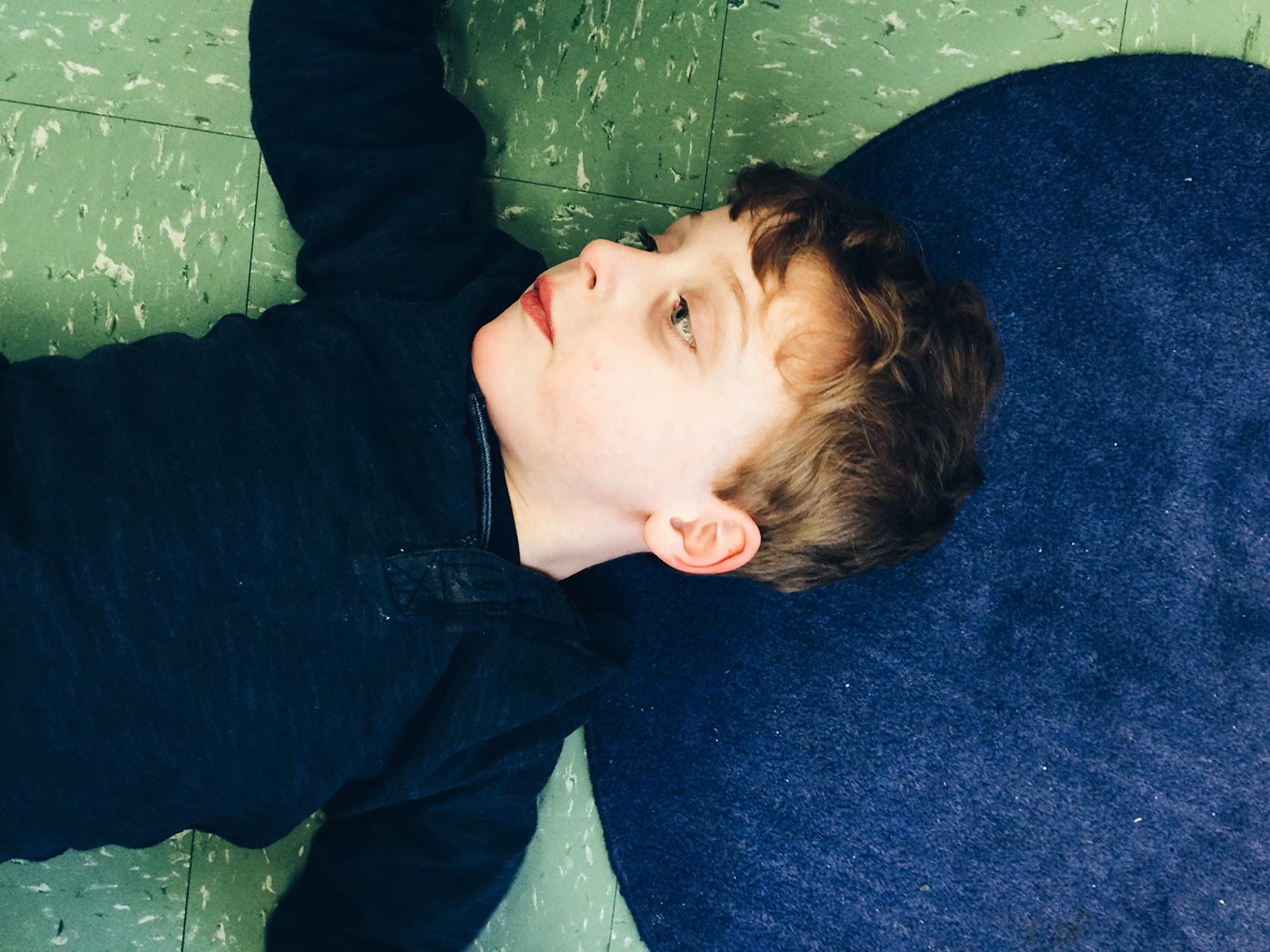 Here are some things I’ve read this past month that I found helpful, informative, or inspiring. If you like this and find it helpful, please share with others. Thanks!
Here are some things I’ve read this past month that I found helpful, informative, or inspiring. If you like this and find it helpful, please share with others. Thanks!
Opinions and insights
Diary of a Homeless ASD Sibling A reader asked me if I would share her powerful, poignant post. Please give it a read, and check out her blog and her book. An excerpt of her post here: "My brother has been angry with me since I’ve been homeless. He barely speaks to me. I don’t fully know why but I can guess that he feels like I’m no longer there for him. If I could talk to him, I would ask him to please not be angry with me." Read more
Batman | This American Life. This podcast episode is about blindness, not autism, but it relates. It's about how the expectations we have for ourselves and for others can have a profound impact on outcomes. It's perfectly aligned with the concept of presuming competence. It's pretty astounding. Listen to the podcast or read a transcript.
Adult With Nonverbal Autism Shares What Sensory Overload Feels Like for Her. Excellent read."Sensory overload is the worst feeling in the world! I get it when I see too many people walking past me or if I hear too many noises at one time. For example, in a room of people talking, my brain tunes into everyone else’s conversation, and I struggle to filter the voices out and listen to the carer I’m with." Read more
Harsh Critics in Public Spaces, Judging Only What They See "At least Nico’s disability is visible if you’re vaguely aware of Down syndrome, though recognition causes its own problems when it leads to pity. Still, it’s worse for parents of children with hidden disabilities. Autism, for example, carries no clear physical markers, and behaviors can be even less predictable." Read more
The Secret to Well-Being. Amazing what happens when we presume competence and stop treating our children as damaged. "Although Ben could not talk at 6 years old, he could read and use a computer. While I was going through cancer treatments, he would type up notes and bring them to me; notes with messages like 'mom is sick' or 'mom is hurt.' I was completely blown away! I really did not think this kid was even capable of understanding how sick I was." Read more
The Stigma of Autism: When All Eyes Are Upon You. An excellent piece that looks at how stigma affects autistics and their families across a variety of cultures. Read more
Acceptance as a Well Being Practice "...my Asperger’s syndrome diagnosis ... answered a question that I’d been asking myself since childhood: Why am I so different from other people? That may seem like a trivial question, but when left unanswered for decades, it can become unsettling and haunting. Finally having an answer opened the door for me to do something I’d never been able to do: accept myself as I am." Read more
Look Me In The Eye: High Functioning People Like You Don’t Speak for My Child! From John Elder Robison: "As an alternative to functioning labels, consider describing someone has having particular challenges or not. I am very verbal. Other autistics are non-speaking. A few don’t communicate successfully at all, in ways we understand, though they may still be trying.Many of us have medical challenges of very different kinds. To say that I speak and your son does not is not to call him less. One day he may speak, and you won’t say that anymore.Or maybe he will never speak. You never know with this autism." Read more
Autism ≠ Developmental Delay "There are so many things Emma can do, that I cannot. Her mind, as she so beautifully described it, is a 'wonder, channel changing, multi-screened on fast forward' thing of beauty that defies all limits placed upon it." Read more
Science and news
Autism and mercury: never held a lot of interest, and now almost none. For all the fearmongering and hyperbolic bloviating, a simple analysis of Google search term trends shows that any interest in the mercury-autism connection is now almost nil. You'll still find pockets of interest, but these are of the conspiracy-theory sort. How much money and energy was wasted on this fraudulent endeavor? Read more
Twins! A Key to the Mysteries of Autism. An older article, but for obvious reasons, an article of interest to yours truly. Read more
What Does it Mean to Have Just a Hint of Autism? An interesting, informative IAN article on BAP, the Broader Autism Phenotype. Read more
Do Omega-3 Fatty Acids Reduce Hyperactivity in Children with Autism? The results are a bit inconclusive but hold some small amount of promise. More, larger studies are required to make a definitive case. Read more
CD Recovery No. 163. A woman, concerned about Miracle Mineral Solution (the bleaching agent some parents give rectally to their children to "cure" them of autism), created a fake testimonial to see if the solution's creator, Kelli Rivera, would use it in her marketing materials. Miracle Mineral Solution is dangerous and has no scientific basis, but uses anecdotal testimonials for parents to prove it works. (Anecdotes are not science.) No surprise, Rivera did run with the testimonial without even the slightest bit of investigation into its veracity. "I made a recovery story for my child, based on so many others which I had read, I felt bad doing it as I do not like to pretend but it was for the sole purpose of finding a greater truth." Read more
The impact of song Great story about how one woman is using music to help children with disabilities. "Music is used as a therapeutic tool to work toward a specific goal, whether mental, physical or behavioural, that is set to reflect the needs of each individual child." Read more
Surplus of synapses may stunt motor skills in autism "Ultimately, the findings may help researchers categorize individuals with autism based on their neural circuits and develop targeted treatments." Read more
Unethical DAN doctor to be supervised by acupuncturist "An Illinois doctor who subjects autistic children to 'unwarranted, dangerous therapies' must have her work reviewed by an acupuncturist." One of the strangest things about this story is that, as part of her reprimand, the doctor was allowed to choose her own supervisor (an accupuncturist no less!). Read more
Lincoln Center Plans a Theater Work for Children With Autism Fantastic. "'Up and Away' is an immersive work for small audiences: Each show will be performed for an audience of eight students and their caregivers or guardians. The elevators at the Rose Building will be presented as the start of a hot-air balloon journey, and the seating in the theater will be designed as balloon baskets. The production itself uses puppetry, projections and music." Read more
Postmortem brains point to molecular signature of autism "The findings fit with those from an imaging study published last year, which found that microglia are more activated in people with autism than in controls. It is still unclear whether microglia activation is helpful or harmful in the brains of people with autism." Read more
U.S. expands program to track autism prevalence. "The federal government is expanding its autism monitoring program to better understand the rising prevalence of the disorder. The move follows controversial changes to the diagnostic criteria for autism, which are expected to lower the number of new cases nationwide." Read more

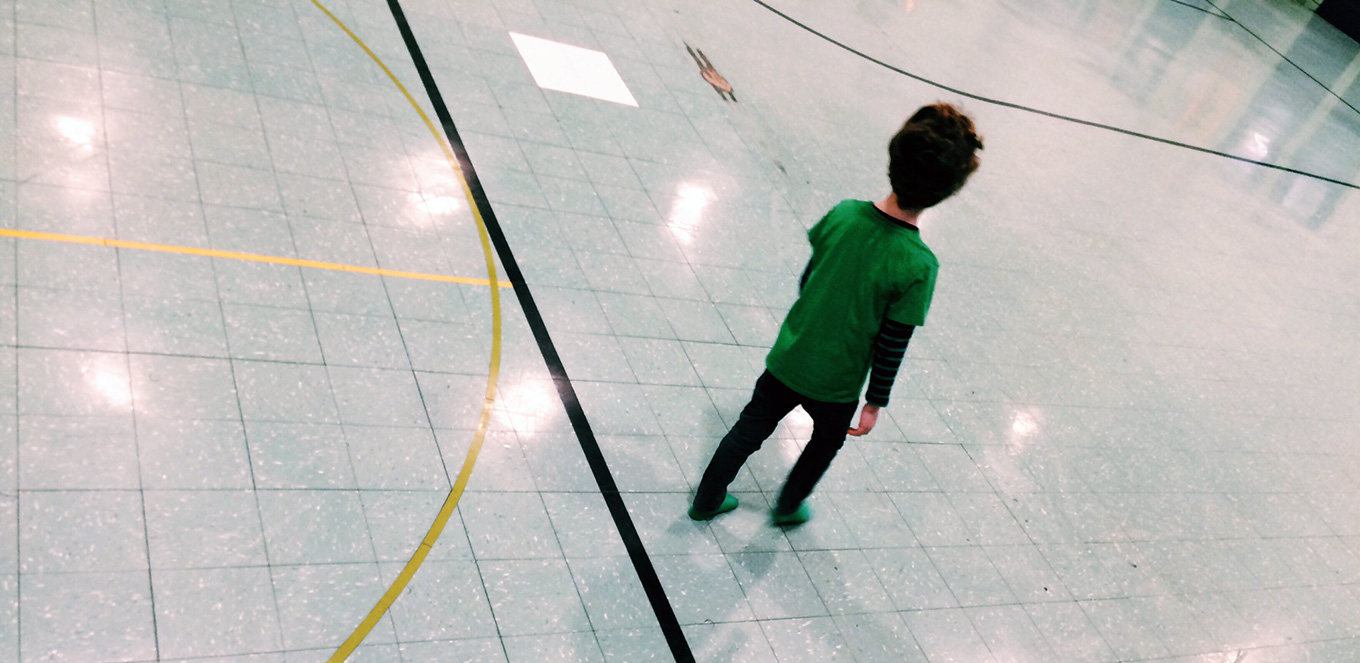 Here are some things I’ve read this past month that I found helpful, informative, or inspiring. If you like this and find it helpful, please share with others. Thanks!
Here are some things I’ve read this past month that I found helpful, informative, or inspiring. If you like this and find it helpful, please share with others. Thanks!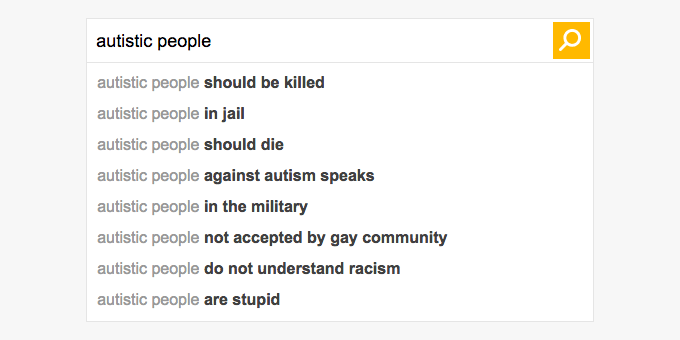
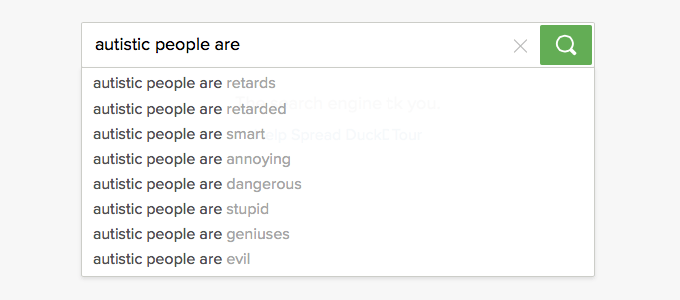
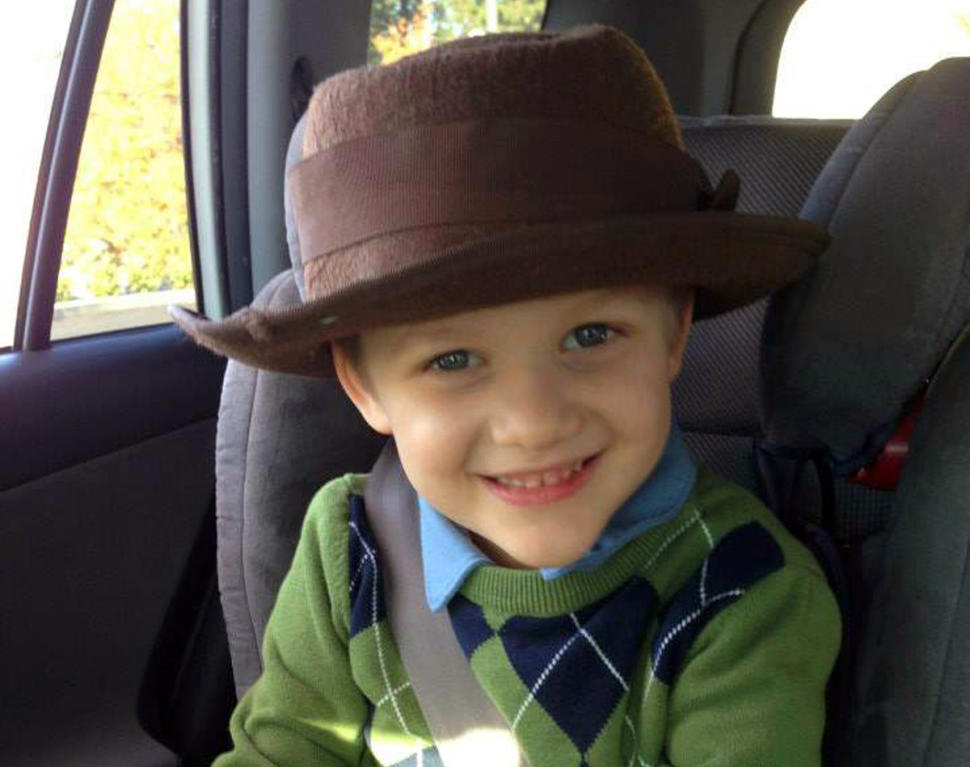 If you follow autism news, you're going to hear a lot about six-year-old London McCabe's parents in the coming days and weeks. London's mother
If you follow autism news, you're going to hear a lot about six-year-old London McCabe's parents in the coming days and weeks. London's mother